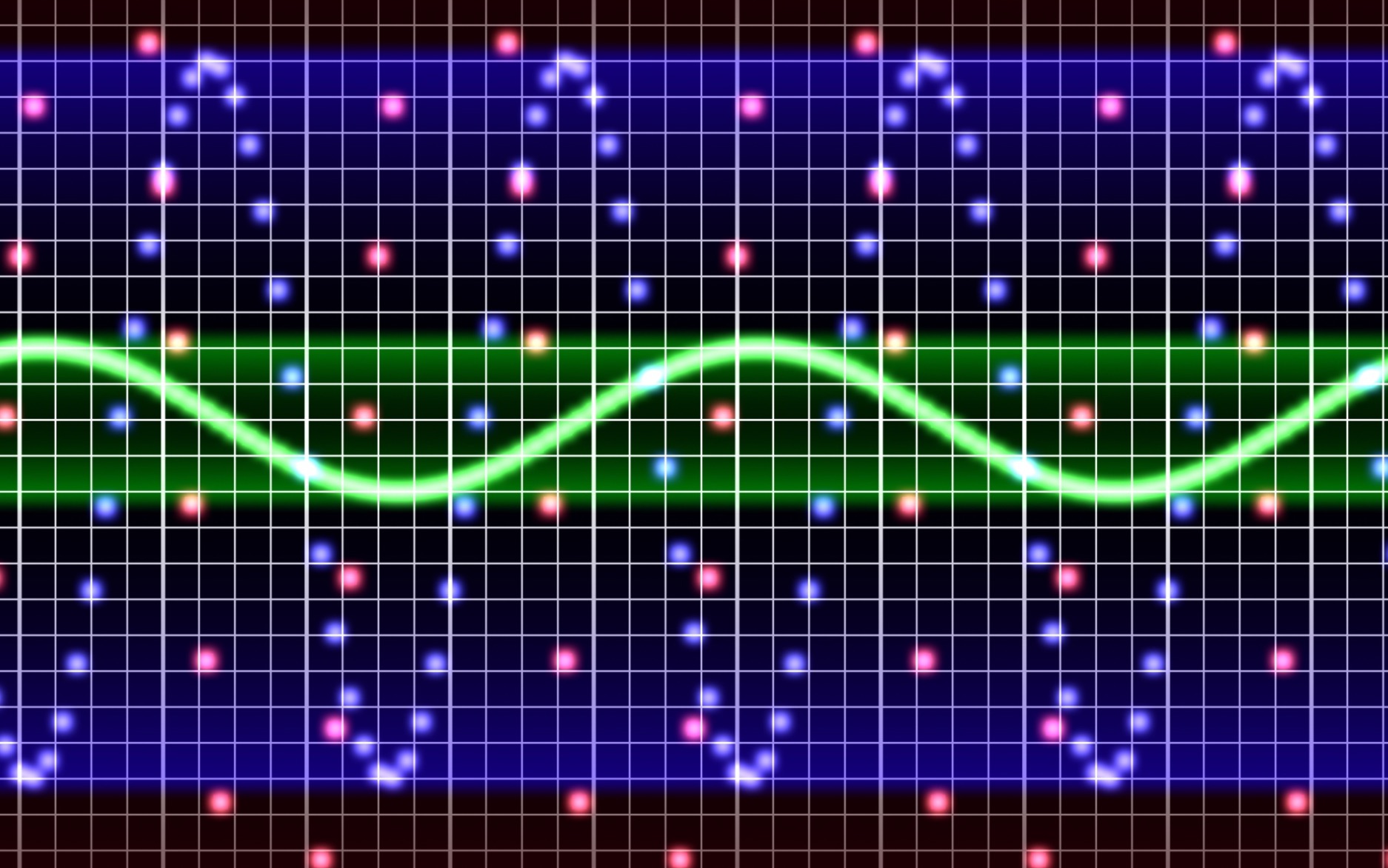Statistical learning in vision and beyond


Anomia (word finding difficulties) is the hallmark of chronic aphasia. Speech production is dependent both on regional changes within the left inferior frontal cortex (LIFC) and modulation between and within anatomically distinct but functionally connected brain regions. Interregional changes are particularly important in speech recovery after stroke, when neural plasticity changes underpinning behavioural improvements are observed in both ipsilesional and contralesional frontal cortices.
Speakers :
Anne Urai (Leiden University): "Choice history bias as a window into cognition and neural circuits"
Benedetto De Martino (University College London)
Alizée Lopez-Persem (Sorbonne Université): "The Brain Valuation System properties: from preferences to creativity"
This symposium is organised by the Inference and Decision-Making team (LNC2).
 Dès le ventre de la mère, la perception auditive est influencée par ce qu'entend le fœtus pendant les neuf mois de grossesse. Il réagit aux sons environnants, apprenant même l'accent maternel, qui influence à son tour les cris du nouveau-né après la naissance.
Dès le ventre de la mère, la perception auditive est influencée par ce qu'entend le fœtus pendant les neuf mois de grossesse. Il réagit aux sons environnants, apprenant même l'accent maternel, qui influence à son tour les cris du nouveau-né après la naissance.
The information we encounter on a daily basis involves both objective facts about the world and people’s subjective opinions. This distinction is also reflected in language: Words that express opinions (e.g. fun, amazing) differ from words conveying more objective facts (e.g. wooden, Bostonian): Subjective adjectives are perspective-sensitive and reflect someone’s opinion/attitude.
Publication bias can distort meta-analytic results, sometimes justifying considerable skepticism toward meta-analyses. This talk will discuss recently developed statistical sensitivity analyses for publication bias, which enable statements such as: “For publication bias to shift the observed point estimate to the null, ‘significant’ results would need to be at least 10-fold more likely to be published than negative or ‘non-significant’ results” or “no amount of publication bias could explain away the average effect.” The methods are based on inverse-probability weighted estimators and use r
Psychologists and computer scientists have very different views of the mind. Psychologists tell us that humans are error-prone, using simple heuristics that result in systematic biases. Computer scientists view human intelligence as aspirational, trying to capture it in artificial intelligence systems. How can we reconcile these two perspectives? In this talk, I will argue that we can do so by reconsidering how we think about rational action.
Abstract coming soon.
The DEC organizes a monthly colloquium with guests from the international scientific community.
Humans are not the only species that learns from others, but only humans learn and communicate in rich, diverse social contexts, and build repertoires of abstract, structured knowledge. What makes human social learning so distinctive, powerful, and smart? In this talk, I argue that social learning is inferential at its core (inferential social learning); rather than copying what others do or trusting what others say, humans learn from others by drawing rich inferences from others’ behaviors, and help others learn by generating evidence tailored to others’ goals and knowledge states.
Temporal integration is fundamental to sensory processing. In the auditory domain, the brain must integrate across hierarchically organized structures (e.g., phonemes, syllables, and words) spanning tens to hundreds of milliseconds to derive meaning from sound. Yet surprisingly little is known about the specific timescales over which different regions of the human auditory cortex integrate information, in part due to their complex, nonlinear tuning for natural sounds.